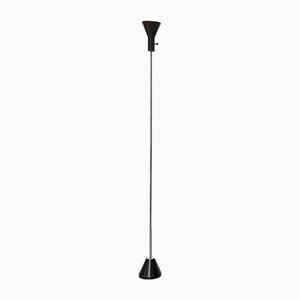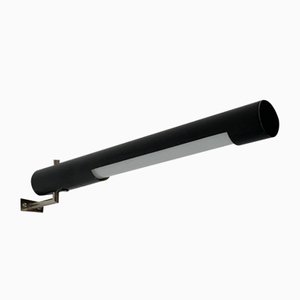
A Brief History of Egon Eiermann
Functionalist Egon Eiermann, 1904-1970, was extremely influential in architecture and furniture design in the second half of the 20th century. After graduating from the Technical University of Berlin, Eiermann worked for the Karstadt building department. In 1931 he established an Architecture Bureau with Fritz Jaenecke and by 1951 Eiermann was a co-founder of the German Design Council. His major commissions are glowing examples of the functionalist style and include the textile mill, Blumberg; the West German pavilion at the Brussels World Exhibition; the West German embassy, Washington DC and the church on the site of the Kaiser Wilhelm Memorial Church, Berlin.
Notable designs by Egon Eiermann
In addition to architecture, Eiermann designed the set for many theatre and film productions. His work defined the second modernity movement and continues to define modern German furniture design. Eiermann’s most famous pieces include Table Eiermann 1, the tubular steel chair SE68, the wicker chair E10 (1952), the wood folding chair SE18 and the pew SE121, all of which inspired further works. His designs are still in circulation and some are held in the Museum of Modern Art in New York. Eiermann passed away in Baden-Baden in 1970 at 65 years old.
Egon Eiermann at PAMONO
Pamono’s carefully curated selection includes many Egon Eiermann pieces. In keeping with Eiermann’s functionalist ideology these robust pieces are made of practical materials like wood and metal. Each Eiermann piece is hand-picked for our collection. Eiermann’s seating designs are particularly well known and our collection includes many of these, including his SE68 chair. His designs are versatile, recognisable and are a fantastic addition to any space. With our strict quality controls, safe online payment and worldwide shipping PAMONO guarantees customer satisfaction.


